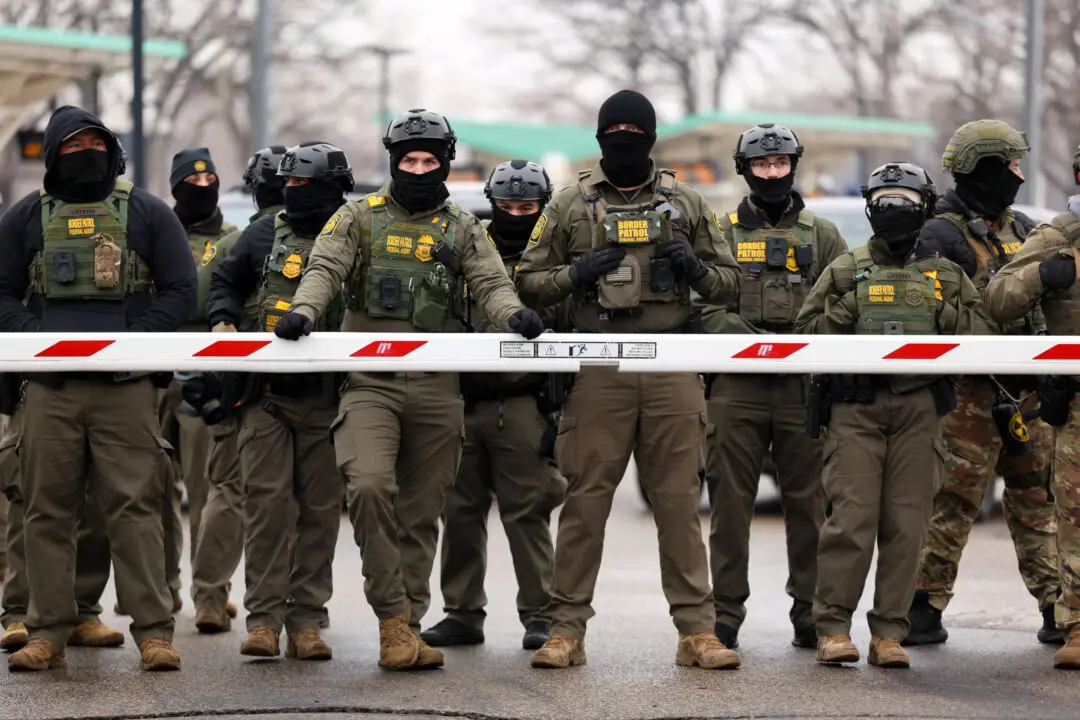The Illinois legislature passed a school privacy rights law that went into effect on Jan. 1, 2014, the law both protects students’ rights not to reveal their social media account information, but then it takes those very same rights away.
Over a year after the law went into effect, the Triad Community Unity School District in Troy, Ill., sent out notices to parents alerting them of the school’s right to request students’ social media passwords pursuant to Public Act 098-0129, the Right to Privacy in a School Setting law.
The initial intent of this law is to protect students’ privacy rights and the very first clause clearly provides that protection.
It explicitly prohibits: “a post-secondary school to request or require a student or his or her parent or guardian to provide a password or other related account information in order to gain access to the student’s account or profile on a social networking website or to demand access in any manner to a student’s account or profile on a social networking website.”
However, all bets are off in a later clause because a school can in fact ask students for social media passwords if it reasonably believes “that a student’s account on a social networking website contains evidence that the student has violated a school disciplinary rule or policy.”





